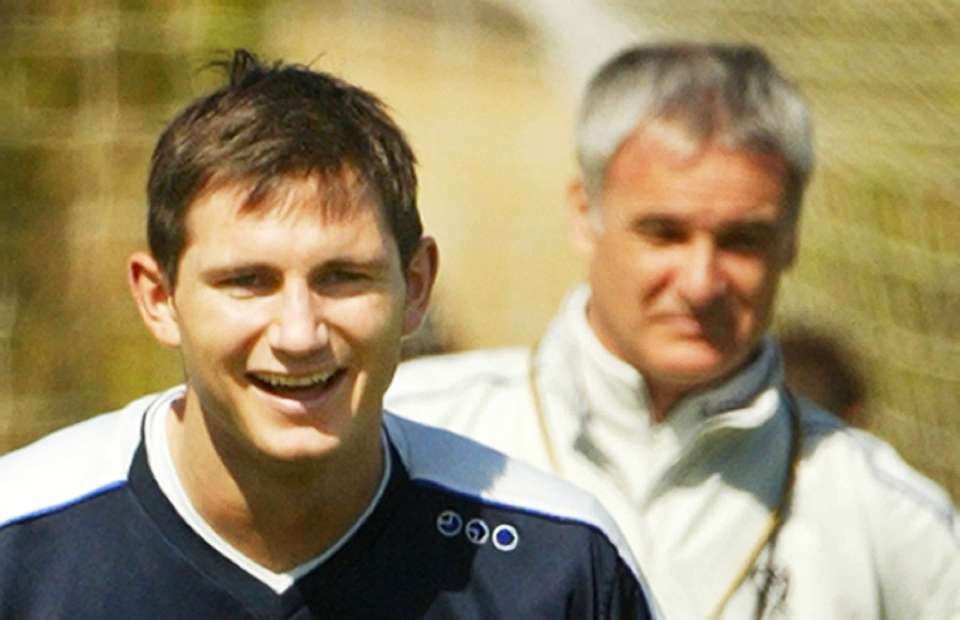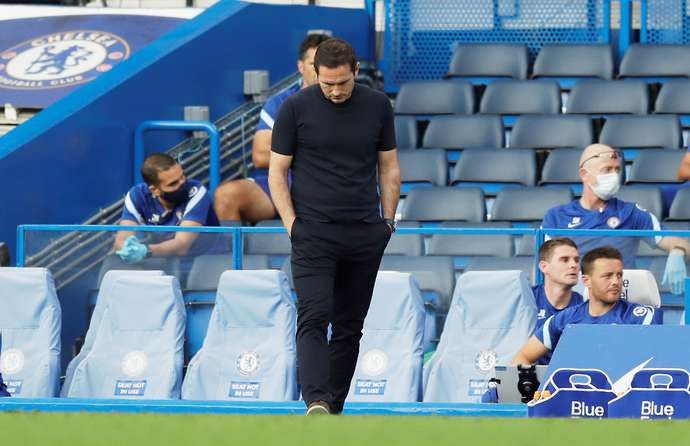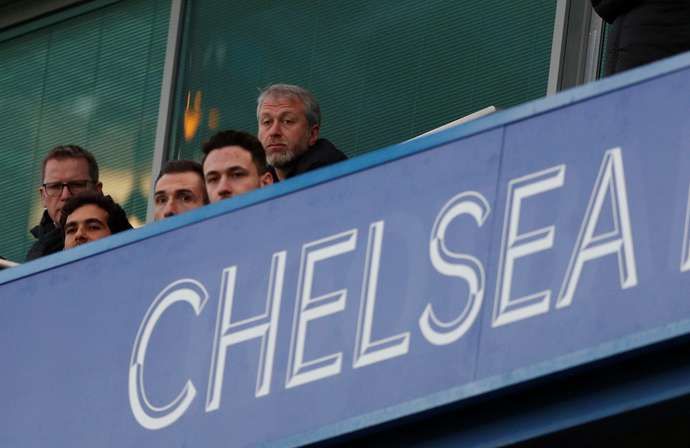Aside from John Terry, no player typified the Jose Mourinho reign at Chelsea as much as Frank Lampard. A hard-working midfielder who admitted only thought of himself as 'decent', the 2004 arrival of the self-proclaimed ‘Special One’ took him to the next level before he would go on to make history for the club.
Still, that was as a player. With Lampard now in his second season as manager at Stamford Bridge, expectation levels have gone through the roof following a major summer spend and - while it is of course early days - risks getting the Claudio Ranieri treatment should he not prove he can manage this expensively assembled squad.
‘The Tinkerman’ as he was affectionately known was largely kept on by Roman Abramovich by default due to the fact Sven-Goran Eriksson - England manager at the time - proved out of reach even for the man who had changed English football forever after buying Chelsea from Ken Bates. Sacked after taking the club to second and the Champions League semi-final as the spectre of Mourinho loomed large amid his exploits in Europe’s elite competition, the manner of his departure somewhat disguised the way in which he had set-up Chelsea for greatness.
After all, none of this is to suggest Lampard has done a bad job - neither did Ranieri - but, in order to finally reach the upper echelons of English football, Abramovich had to be ruthless. And ruthless again in his search to conquer the continent. And then again when Roberto Di Matteo had done the previously impossible. A pattern has certainly emerged. Interestingly enough, another one is too.
The 3 big similarities
Late Champions League qualification leads to major money spend
Ranieri is on record claiming he believes Chelsea’s last-gasp qualification for the Champions League in 2002/03 was the reason Abramovich bought the club. A late Jesper Grønkjær winner against Liverpool on the final day of the season saw them granted entry to Europe’s top table and, subsequently, allowed for the likes of Damien Duff and Joe Cole to move to SW6. While not quite as dramatic, Chelsea needed a win over Wolves on the final day of the season last time out in order to return to the Champions League this time around and even that required a post-lockdown collapse from Leicester City - who finished four points behind.
Without getting them into the top four, it’s hard to imagine the money would have been spent in a post-COVID market.
Laying the foundations
Aside from qualification, Ranieri did lay a number of other foundations from which Mourinho built his empire. Indeed, both Joe Cole and Damien Duff arrived during the infamous summer of 2003 and both would go on to form major parts of the 2004/05 Premier League-winning campaign.
Prior to that, Lampard himself was a Ranieri signing along with William Gallas - another tentpole in the Chelsea side who would end their 50-year league drought. Furthermore, the Italian also revealed he had scouted Petr Cech, Didier Drogba and Arjen Robben the season before they actually arrived at Stamford Bridge.
Thiago Silva aside, Chelsea’s recruitment this summer has centred around players not yet at their peak. Edouard Mendy is the next oldest arrival at 28 (generally considered young for a goalkeeper) while Timo Werner, Kai Havertz and Ben Chilwell are yet to hit 25, so the idea of them winning things with the Blues in the years to come isn’t all too far-fetched. After all, this is a side who have racked up 11 trophies - the most in English football - across the last decade, despite the fact Liverpool and Manchester City have largely usurped them at the top of the tree.
Should Lampard struggle to convert his big summer signings into a side who win things, Abramovich will have to act, given the size of his investment. Considering the level of talent available now - as it was to Ranieri then - it’s not hard to imagine they will. It’s up to Lampard to prove he can be a part of that.
Development of youth
One of the most obvious aspects of Lampard’s reign has been the development of young talent. While a cynic may suggest that was imposed upon him after a result of the transfer ban, the fact Mason Mount, Tammy Abraham and Reece James have featured heavily this season is a result of the manager’s work with them last time out.
Interestingly, Lampard himself was developed as a young player under Ranieri. While he was a touch more established than the names above after joining from West Ham in 2001, Lampard would reach new heights under Ranieri’s watchful eye. Appearing in every league game during the 2002/03 campaign, he reached double figures on the goalscoring front for the first time and finished behind only Thierry Henry (who had taken Arsenal to an unbeaten season) in the FWA Footballer of the Year Award the year after.
Another Chelsea lynchpin was also taken to a new level under ‘The Tinkerman’. Indeed, it was he who first put the captain’s armband on a then-21-year-old John Terry and, well, the rest was history.
So, what’s to come?
It’s certainly possible to suggest Ranieri did a good job at Chelsea and still needed to be replaced in order for them to reach the next level. Guiding them to the Champions League, laying the foundations for future success and the development of youth talent all formed parts of what was to come - it’s just he wasn’t the man to see it through.
While Lampard does have time to prove he is the man to see this version of the project through almost two decades on, there is a comparison to be drawn. Ranieri undertook a similar job to the one his former player is doing now and still fell victim to Abramovich’s obsession with conquering all before him. Perhaps soon, it will also be possible to suggest Lampard did a good job but still needed to be sacked.





















